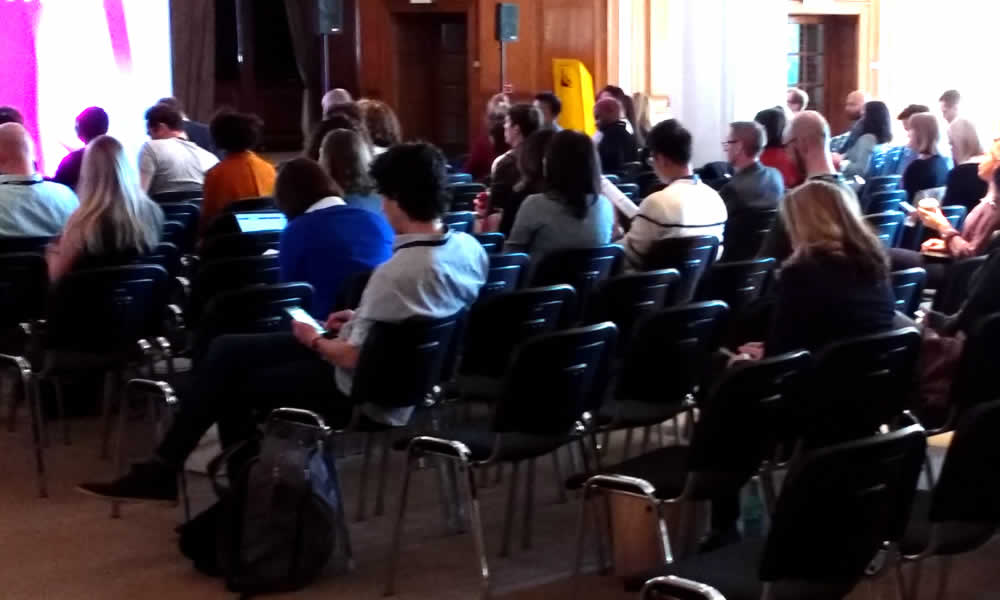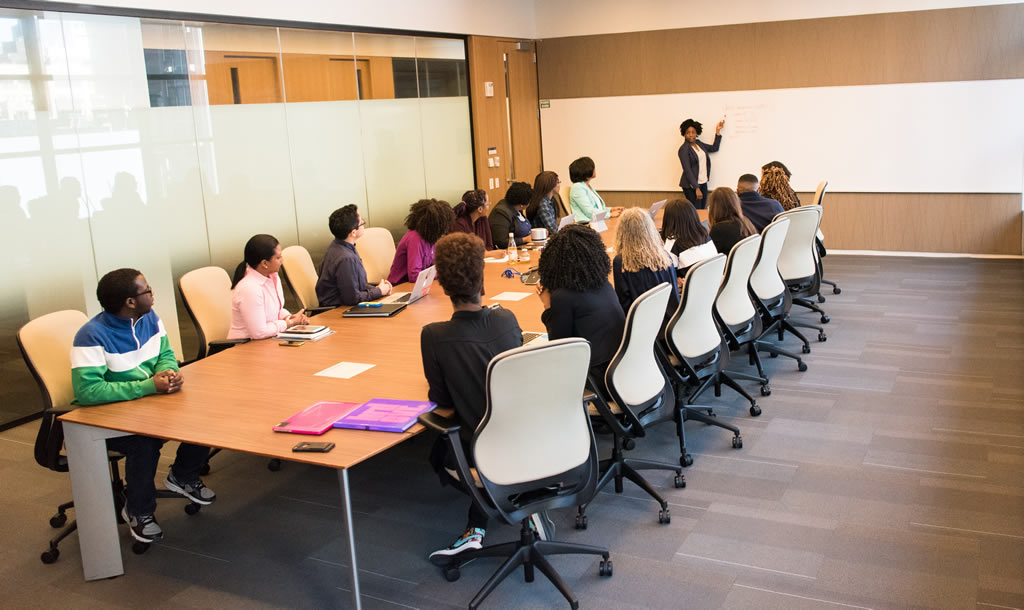
Trade Shows With Stress Free Organisation

Event organisation is a tough juggling act as the organiser has to entice enough companies to book exhibition space, enough speakers to make the event worth attending and finally, encourage enough delegates to attend.
How to organise a trade show and retain your sanity
First off, work out your aims and theme of your trade show. If you don't decide on the aims at the outset, there's no way of judging your success. The theme will depend on budget and location and it's best to decide on this at the outset before you start spending money. The duration of the event will depend on your budget and the programme, and don't forget to include these things in the discussion of initial ideas along with proposed evening activities if it's appropriate.
Own your time and space
When thinking about dates for the event, bear in mind that you need to avoid other big events happening at the same time as that can have a huge impact on attendance. Think beyond just the obvious similar events, you'll need to offer something really special to out-do the FA Cup Final, peak holiday season or a Royal Wedding.
You don't have any control over the weather (which prevented me from going to one trade show recently), nor public transport strikes, but you do have control over other things so make sure that you've done your homework to minimise the risk of nasty surprises.
Next, sort out the location. Constraints like availability of public transport will affect your location, as will number of delegates, the ability of the venue to accommodate your seminar room requirements and finally cost.
Deliver the perfect experience
Then we're onto trade show technology for your seminars if you are going to run them. Find out what the venue can offer (and the cost) and work out whether you'll need to hire in any extra tech or whether there's anything that you can use in-house. You may be able to get one of the exhibitors to provide or sponsor the seminar tech which will reduce your budget costs.
That brings me onto risk assessment and plans for emergencies like one of your speakers taking ill before their presentation. Consider whether you will need to have staff who have First Aid training or will you be able to rely on the venue staff and include in your thinking, mental as well as physical health.
First impressions count - get your registration system right
Don't forget to organise a registration system that can handle bookings automatically for you to keep you from having sleepless nights. Remember that the 'free' ones aren't as free as meets the eye as what you are doing when you use one is handing over your delegates' data to become the property of the registration company as payment for the service.
It's better to chose one where you retain ownership of the data, that keeps its data in the UK or EU zone (for GDPR compliance).
When the registration system is all set up, send out invitation emails for your audience to sign up.
Make sure that you appeal to the widest audience via a variety of booking options including mobile as well as desktop web browsers - business users still prefer computers, whereas more consumer orientated events are likely to attract more mobile and tablet registrations. Both are important meaning that a first class experience with all devices should be considered essential.
Also think carefully about what information you really need to collect. I've seen many trade shows with dozens of required data fields on their registration forms that seemed to have little relevance to the event itself. Over-collection of data dramatically increases the abandonment rate as well as now being against the spirit if not the letter of the GDPR.
Keep in touch with your delegates after they've booked so that they don't forget the event and they begin to buy into your offering.
As the event begins, it's your moment to shine - don't drop the ball now!
Finalise the agenda and timings with your speakers and sort out the goodie bags/collateral, printing programmes and show plans etc.
Throughout the registration process, you'll be getting information on number of registrations, speed at which people are signing up and whether your target has been hit. Use this data to plan the resources that you'll need to print and avoid wasting money on creating too much. Keep in mind that it's more than just cost of production you'll waste; think also about transporting it and the cost of disposal too for items that will be worthless when the event is over.
Just prior to the day, make sure that things like badges are printed and if your registration software can print these for you, that's a bit more time saved.
You'll also need to hire enough staff to cover check-in and bag searches at the check-in desk to make the entry smooth and speedy. On the day, arrive early, get your registration team in place, make sure the tech works both at the check-in, the seminar stages to minimise everyone's frustration later on in the day - they come to see and hear, not to queue!
It's not over until you know you've won
A few days after the conference, send out the feedback form link via email. If you've already got a registration system that has this facility, then your IT supply chain will be a lot easier to manage and one less supplier to work with. Gather up the feedback and assessments and use this to plan the next one!
More How-Tos
- Find Out More -
Call Us
+44 (0)1483 604360Our sales office hours are:
08:30 - 17:30 UTC/BST
Monday - Friday
(excluding UK public holidays)







